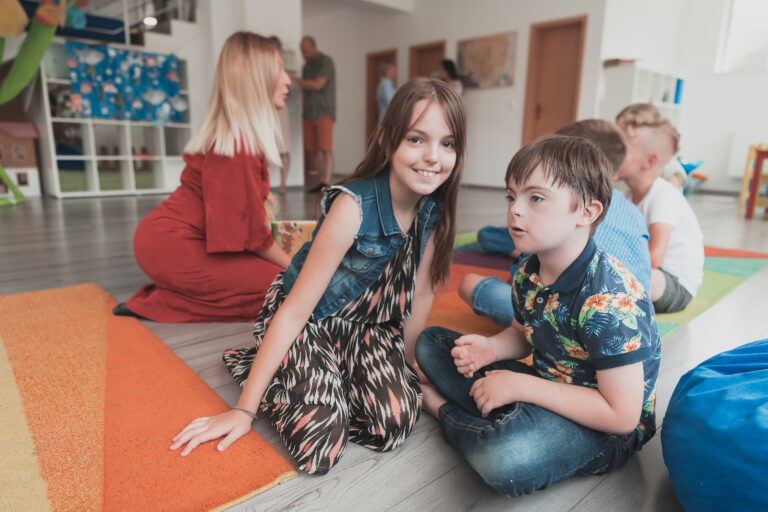As a childhood educator working with children between 3 months and 5 years old, I’ve embarked on a journey filled with learning, challenges, and unparalleled rewards.
One of the most profound aspects of my work has been supporting children with special needs.
In my experience, understanding and embracing different abilities isn’t just about adapting teaching methods—it’s about fostering an inclusive environment where every child feels valued and understood.
Let’s delve into what it means to recognize and support the diverse needs of our little learners.
Understanding Special Needs
The term “special needs” encompasses a wide range of conditions that can affect a child’s learning, behavior, and physical abilities.
In my years of working, I’ve encountered children with various needs, each requiring a unique approach to support their development.
Recognizing the Spectrum of Abilities
From what I’ve gathered, it’s crucial to recognize that every child is unique, and their abilities can’t be defined by their condition.
Whether it’s autism spectrum disorder, Down syndrome, ADHD, or physical disabilities, I’ve found that focusing on a child’s strengths rather than limitations has been my secret weapon in supporting their growth.
The Importance of Early Identification
Early identification of special needs can make a significant difference in a child’s life.
In my work, I’ve seen that early intervention can enhance development, improve outcomes, and provide critical support to families.
It’s a journey that begins with awareness and understanding.
Strategies for Support and Inclusion
Creating an inclusive learning environment that caters to the needs of all children is at the heart of what I do.
Over the years, I’ve tried and tested various strategies to ensure each child receives the support they need to thrive.
Adapting Learning Environments
I’ve personally used adjustments in the classroom, like flexible seating arrangements, sensory-friendly learning materials, and visual schedules, to accommodate different learning styles and needs.
These changes, though sometimes small, can have a profound impact on a child’s ability to engage and learn.
Fostering Social Inclusion
Encouraging social interaction and inclusion among all children has been a key focus.
I’ve found that activities promoting teamwork and empathy, such as group projects or buddy systems, help build understanding and respect for differences among peers.
Collaborating with Families and Professionals
In my journey in childcare, collaboration with families and professionals has been essential in providing comprehensive support to children with special needs.
Partnering with Parents
Open, honest communication with parents has been invaluable. Sharing observations, celebrating milestones, and discussing challenges openly have strengthened the support system for children, making the educational journey a collaborative effort.
Leveraging Expertise
I’ve also seen the benefits of working closely with specialists, such as speech therapists, occupational therapists, and psychologists.
Their expertise has been instrumental in developing tailored strategies that support each child’s unique needs, reinforcing the notion that it truly takes a village.
Embracing Different Abilities
In my years of working with children and through my experiences, I’ve learned that embracing and celebrating different abilities enriches the learning environment for everyone.
It fosters a culture of acceptance, understanding, and mutual respect.
The Power of Inclusive Education
Inclusive education isn’t just beneficial for children with special needs; it’s advantageous for all children.
It teaches compassion, empathy, and the value of diversity, preparing students for a world where understanding and cooperation are paramount.
Final Thoughts
My journey in childcare has taught me that understanding different abilities is about more than just adapting—it’s about opening our hearts and minds to the unique contributions every child brings to our world.
As educators, parents, and members of the community, we have the opportunity to make a real difference in the lives of children with special needs by providing the support, love, and acceptance they deserve.
Together, we can create an inclusive environment where all children have the opportunity to thrive, learn, and grow into their best selves.












